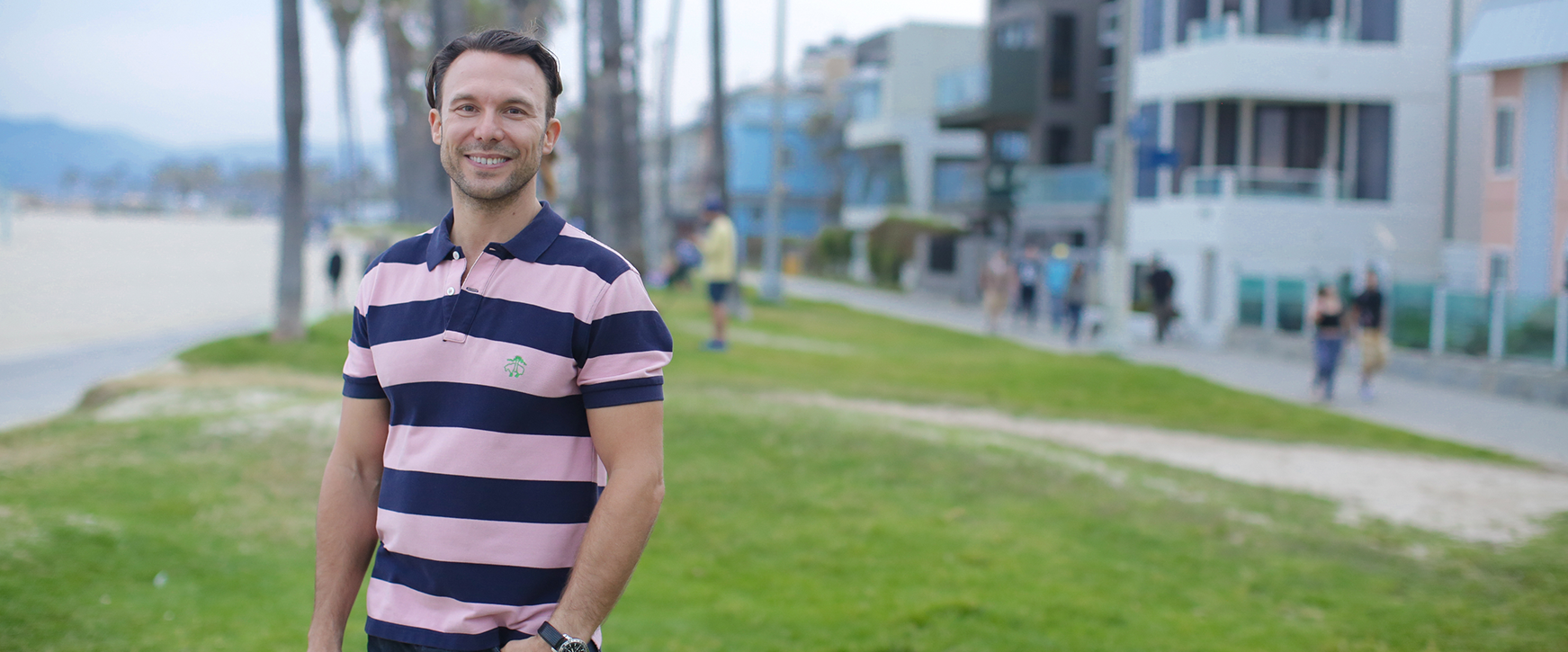
If you had to decide between becoming a therapist, working as an investment banker on Wall Street or joining the CIA, which would you choose? At one time, I had all three options before me. I ended up choosing the field of addiction and mental health treatment.
My interest in psychology reaches back to my college days at Georgetown University, but when it came time to choose a career, I initially chose Wall Street, a path that promised financial stability and challenge: a Wall Street investment banker. Like so many others, I was lured into the “work hard, play hard” lifestyle. Somehow, I knew when to call it quits and head home, but I noticed some friends develop addictions that resulted in lost careers and lives. I wanted to understand why.
Then 9/11 came. From my Wall Street office, I saw the horror of the day unfold before my eyes. Afterward, massive layoffs took place on Wall Street and, after voluntarily choosing to accept a severance package, I used the opportunity to do some soul searching. I applied to the CIA and, halfway through that process, applied to Pepperdine University to pursue my interest in psychology. My offer letter offer letter from Pepperdine arrived the week before an offer from the CIA. I chose to earn a masters and a doctoral degree in Clinical Psychology and become a licensed clinical psychologist. Given my long-standing interest in addiction, I decided early on to focus on substance abuse treatment. I specialized in the assessment and treatment of drug and alcohol addiction while completing post-doctoral work at The Betty Ford Center and completed a clinical internship as well as externships at local hospitals and VA medical centers.
In 2011, I joined Promises in Malibu as a primary therapist. The program’s holistic approach, which integrates 12-Step principles as well as the full range of alternative therapies, was important to me. I also appreciated the balance of individual and group therapy at Promises, since research shows that a combination approach is most effective.
An avid world traveler, I’ve visited more than 100 countries and territories to date. My travels not only enrich me personally, but they also make me a better therapist. Between being raised in NYC and traveling, I’ve seen and heard everything. No matter what, my patients will never receive any judgment from me.
Using a combination of trauma-informed cognitive-behavioral therapy, as well as humanistic based insight-oriented therapy, I help clients see how their past may have contributed to core beliefs and dysfunctional thoughts that fuel addictive behavioral patterns. You can be addicted to almost anything in life – drugs, alcohol, food, sex, gambling, emotional states and ways of being – and even if the problem isn’t the same, the underlying issues often are. As a therapist, the key is being a great listener and having empathy for whatever my clients are facing.





